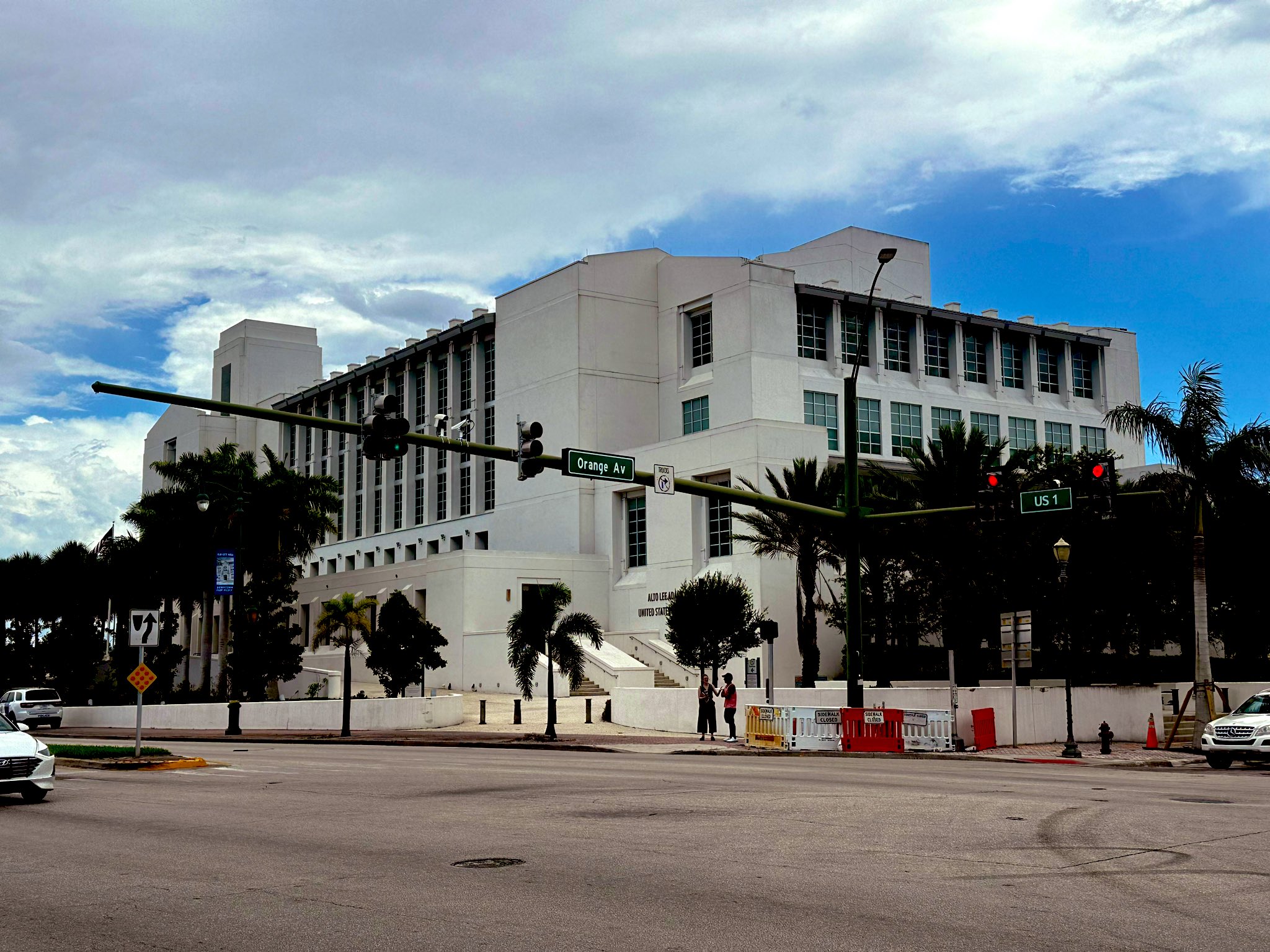Today's Headlines and Commentary
Evacuations are underway in Aleppo a day behind schedule, after an initial ceasefire deal to allow civilians and rebels to flee was delayed by Iranian objections. Ambulances and buses have begun shepherding families from the city’s east following the Syrian regime’s victory in devastating Aleppo’s remaining rebel-held enclaves.
Published by The Lawfare Institute
in Cooperation With

Evacuations are underway in Aleppo a day behind schedule, after an initial ceasefire deal to allow civilians and rebels to flee was delayed by Iranian objections. Ambulances and buses have begun shepherding families from the city’s east following the Syrian regime’s victory in devastating Aleppo’s remaining rebel-held enclaves. Government fighters opened fire on rescue workers preparing for the arrival of ambulances early this morning, but the evacuation process has continued throughout the day, The New York Times reports.
Civilians traveling from east Aleppo will have the option of remaining in the city’s government-held west or traveling to Syria’s northwestern Idlib province, which is mostly controlled by Islamist militants fighting the government and which has been a major target for Syrian and Russian airstrikes. Rebel fighters from Aleppo will be funneled into Idlib along with their families, Reuters writes. This morning also saw a convoy set off to evacuate wounded pro-government fighters from two besieged Shiite villages in Idlib—Iran’s insistence on which was responsible for scuttling the planned evacuation yesterday.
Syrian President Bashar al-Assad slammed the West and praised Donald Trump in an interview on Russian state television, the Washington Post reports. Trump’s “rhetoric during the campaign was positive,” Assad said, citing the President-elect’s statements on cracking down on terrorism. Yesterday, Assad suggested that Syria could find a “natural ally” in the United States given Trump’s comments on terrorism—a catch-all term that the Assad regime has used to describe both opposition from both militant Islamists and moderate rebel forces.
ISIS remains in control of the city of Palmyra, and the United States has promised that it will push back at the extremist group if Russian and Syrian forces continue to do nothing to retake the area, though it will not preempt action by Russia or the Syrian regime, The Wall Street Journal tells us. U.S. forces have become concerned that ISIS fighters acquired armored vehicles and air defense equipment after recapturing the ancient city.
The Islamic State is effectively producing weapons through an industrial manufacturing system similar to that of a state, the Post reports. A new report studies the group’s professionalized production process in Iraq and Syria, which relies on a supply chain of chemicals purchased within Turkey.
Russian President Vladimir Putin was personally involved in directing the use of hacked Democratic Party information to influence the U.S. election, NBC announced last night. U.S. intelligence officials reported the conclusion with high confidence, indicating near-absolute certainty of Putin’s involvement.
The President-elect took to Twitter once again this morning to question the CIA’s report that Russian interference was aimed at engineering Trump’s election, the Times writes, asking, “If Russia, or some other entity, was hacking, why did the White House waite [sic] so long to act?” But there is “ample evidence” that Trump himself may have been aware of Russia’s role in engineering the hacking and leaking of information during the campaign, White House Press Secretary Josh Earnest has suggested. Meanwhile, Senator Lindsey Graham (R-SC), who has long opposed Trump, said that he believes Russia hacked into his campaign email account as well.
Following reports that General Michael Flynn, Trump’s pick for national security advisor, shared classified information with British and Australian military officials in Afghanistan without official permission, Senators Richard Blumenthal (D-CT) and Jeanne Shaheen (D-NH) have asked the Obama administration to review Flynn’s security clearance. Politico has more.
Monica Crowley, a Fox News commentator and conservative radio host, will likely be tapped for deputy national security advisor, The Daily Beast writes. Crowley worked as an assistant to former President Richard Nixon in the 1990s and has stoked baseless speculation regarding Hillary Clinton aide Huma Abedin’s supposed connections to the Muslim Brotherhood. This announcement comes after the news that Senate Republicans are growing increasingly uncomfortable with the possible appointment of former State Department official and U.N. Ambassador John Bolton as national security advisor.
EU foreign policy chief Federica Mogherini said that the bloc is “ready for a transactional way of working” with the United States under a Trump presidency, the Journal reports. While many European leaders have expressed concern over a possible fraying of relations between the U.S. and EU, Mogherini suggested that the new administration will find shared interests with the EU on a range of foreign policy issues.
President Obama opted not to sign a bill allowing the renewal of U.S. sanctions against Iran, though the bill will still become law under constitutional procedures. The AP writes that Obama’s decision to withhold his signature signals his disagreement with Congress’s decision to pass the legislation and risk a confrontation with Iran, which plans to formally complain that the renewal of the Iran Sanctions Act constitutes a violation of the international nuclear agreement. The Act does not itself impose new sanctions, but allows unilateral sanctions to be reopened,
China has deployed anti-aircraft and anti-missile systems to the disputed Spratly Islands in the South China Sea, Reuters tells us. After the Center for Strategic and International Studies released its findings on the apparent deployment from satellite images of the island chain, Beijing responded with a statement that its construction in the Spratlys was “mainly for civilian use” and that any military buildup was for self-defense alone: “If someone makes a show of force at your front door, would you not ready your slingshot?”
Donald Trump’s unorthodox phone call with Taiwanese President Tsai Ing-wen and his statements critical of the One China Policy might be good omens for the Taiwan, but Trump’s essential unpredictability has also left many Taiwanese nervous about what is to come. The Times takes a look at both the excitement and anxiety on the island.
The last remaining detainees at Guantanamo Bay don’t yet know what to expect in the coming months given both President Obama’s oft-stated desire to close the prison and Donald Trump’s commitment to “loading it up with some bad dudes,” the AP writes. And in the Miami Herald, Carol Rosenberg reviews the latest developments in this week’s pretrial hearings in the USS Cole case at Guantanamo, where defense attorneys are seeking to compel testimony from key figures involved in the CIA’s torture program.
Almost one billion Yahoo accounts were compromised in a 2013 cyberattack, the company announced on Wednesday. This is the second major breach of Yahoo account information to be acknowledged in recent months, following Yahoo’s disclosure that a 2014 attack breached 500 million accounts. The company has indicated its belief that a state-sponsored actor was behind the 2014 breach, but has not given any suggestion of who might have engineered the 2013 attack. The Times has more.
ICYMI: Yesterday, on Lawfare
Ellen Scholl provided a new edition of Hot Commodities, this time featuring analysis from an energy perspective of Exxon Mobil CEO Rex Tillerson’s nomination as Secretary of State.
Adam Segal posted a new Aegis Series Paper on China, encryption, and international influence.
Rebecca Ingber asked whether the national security bureaucracy will save us from President Donald Trump.
Quinta Jurecic considered Trump in context of misplaced anxiety on the left about extralegal presidential action under George W. Bush.
Luca Marzorati reviewed how a Trump administration might cut funding to sanctuary jurisdictions providing shelter for undocumented immigrants.
Email the Roundup Team noteworthy law and security-related articles to include, and follow us on Twitter and Facebook for additional commentary on these issues. Sign up to receive Lawfare in your inbox. Visit our Events Calendar to learn about upcoming national security events, and check out relevant job openings on our Job Board.




.jpg?sfvrsn=6b10cf8f_5)
